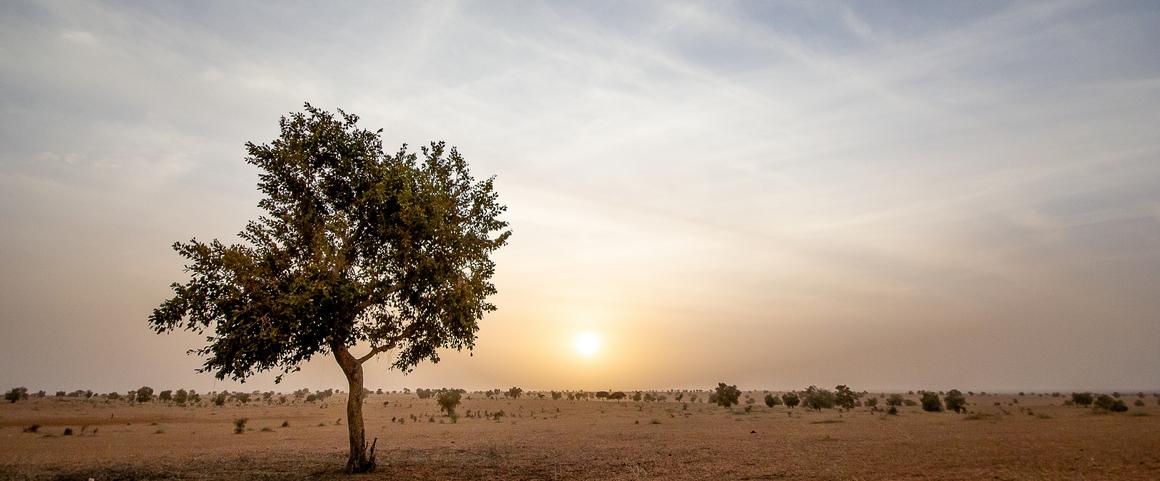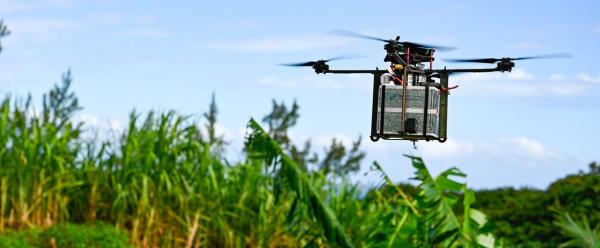Results & impact 10 October 2025
- Home
- Press area
- Press releases
- Solutions for agriculture at COP27
COP on Climate Change: agricultural issues must remain on the agenda in international talks

The pastoral areas of sub-Saharan Africa (here the Ferlo, in Senegal) are particularly affected by climate change © R. Belmin, CIRAD
The Koronivia Joint Work on Agriculture process, launched in 2017 and intended to clarify what place agricultural issues should hold in COP climate change conferences, is set to end this year. For Marie Hrabanski, a political science researcher at CIRAD, the aim of COP27 must first and foremost be to ensure that agricultural issues remain at the heart of international climate talks, despite the end of the process:
“In line with the Koronivia objectives, States must commit to clarifying and preserving the place of the agricultural sector in climate talks. This will then have to be applied on a national scale to help farmers in the global South cope with climate change”.
Among the issues discussed, a new body focusing on agricultural issues could be enshrined under the United Nations Framework Convention on Climate Change. Talks on farming and food systems could also be entrusted to an established body already existing under the Convention.
Agroecology, climate-smart or nature-based solutions?
Talks held during the Koronivia process have brought out different approaches for adapting agriculture to climate change. For Marie Hrabanski, co-author of an article in Environmental Science & Policy, three options are under discussion: agroecology, climate-smart agriculture and so-called nature-based solutions.
France and several Latin American countries are more in favour of agroecological approaches. The countries of the global South are also tempted by nature-based solutions that are easier to implement than climate-smart agriculture which, for its part, often calls for costly technological solutions. The researcher points out that “States will defend what they feel to be the soundest approach. Granted, there is a divide between those who advocate agroecology and those who back climate-smart agriculture, but a rapprochement is also possible”.
Reference
Marie Hrabanski, Jean François Le Coq. 2022. Climatisation of agricultural issues in the international agenda through three competing epistemic communities: Climate-smart agriculture, agroecology, and nature-based solutions. Environmental Science & Policy



























